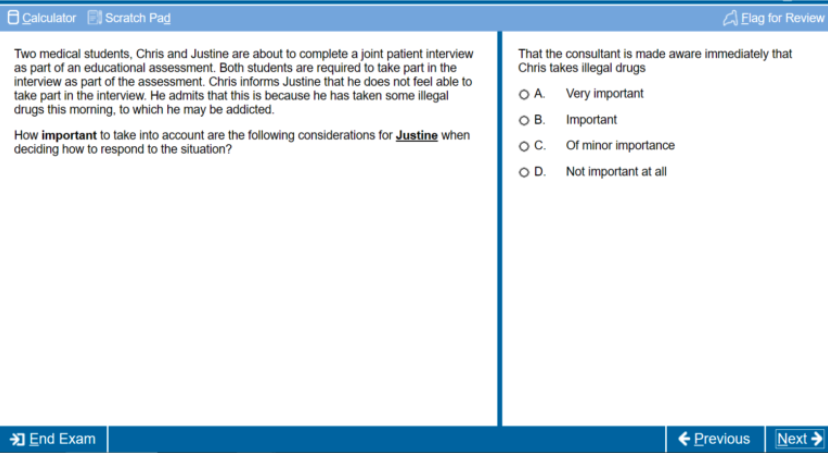What Is The Situational Judgement Section In The UCAT?

The UCAT exam (previously known as the UMAT) is a 3-part exam that students who wish to do medicine must take in order to be eligible, and one of these parts is the Situational Judgement Test. Here, there will be scenarios and possible actions linked to the scenarios, where you will need to judge them in terms of their importance or appropriateness. It will assess your ability to understand situations and respond appropriately. These scenarios will be clinically based, however, the UCAT website notes that you don’t need any medical or procedural knowledge. But your values and behaviour are what will be assessed through the responses to the scenarios. Let’s delve into 5 ways you can prepare for the Situational Judgement section of the UCAT.
ACE HSC Tuition’s 5 Main Tips
Tip #1 – Read And Understand The Good Medical Practice Guidelines

The Medical Board Of Australia strives to establish a good work ethic among medical practitioners. For those wishing to take the UCAT, they offer the Good Medical Practice Guide. This guideline specifically outlines the standards of ethical practice and code of professional conduct that is expected of doctors in Australia. This guide is what forms the situational judgement test.
However, it’s important to note that a change in perception can improve how you respond to any questions relating to moral dilemmas in the Situational Judgement sections. So, you can channel this change based on the fundamentals that characterise good medical practice. So, make sure you understand the literature through and through, as there will be no real-world scenario where these should be compromised.
Tip #2 – Make Sure You Understand The Ethical Principles
In the situational judgement section of the UCAT, you will most likely come across an ethics question, so it’s important to be prepared and know about this subject. According to the National Institution of Health, the 4 pillars are the following:
- Beneficence – The obligation to respect the patient’s decision.
- Nonmaleficence – Do good. The patient’s health and well-being is a priority.
- Autonomy – The obligation to respect the patient’s decision.
- Justice – Treat all patients in a fair and unbiased manner.
When answering questions and studying for the UCAT, remember to always come back to these to help you distinguish the do’s and don’ts.
Tip #3 – Learn Graded Assertiveness To Function In Medicine
Graded assertiveness is the approach you take to get the message across in a team setting. It’s the framework used by junior doctors who have to communicate their ideas and discuss critical issues within the hierarchical medical environment. It is essential to maintain a code of conduct and to speak up about issues regarding the medical environment. There are a few principles you should take into account here. These include:

- Respectful communication: Doctors must communicate respectfully with colleagues, regardless of their position within the hierarchy. This involves actively listening to others, acknowledging their perspectives, and expressing one’s own views in a clear and respectful manner.
- Advocacy for patients: Doctors have a responsibility to advocate for their patients’ best interests, which may sometimes require assertive communication with colleagues or superiors. This involves speaking up when concerns arise about patient care, safety, or treatment decisions.
- Effective teamwork: Graded assertiveness emphasises the importance of teamwork and collaboration in healthcare settings. Doctors must be able to communicate effectively with other members of the healthcare team, including nurses, allied health professionals, and administrators, to ensure coordinated and comprehensive patient care.
- Conflict resolution: Inevitably, conflicts may arise within medical teams due to differences in opinion, personality clashes, or other factors. Graded assertiveness involves effectively managing conflicts through respectful communication, compromise, and problem-solving techniques.
Keep these in mind when taking the Situational Judgement Test. Overall, graded assertiveness is a nuanced approach to communication and decision-making that enables doctors to navigate the complexities of the medical environment while advocating for patient welfare and promoting effective teamwork.
Tip #4 – Understand The Structure Of The Situational Judgement Test
The time estimate for the Situational Judgement is 26 minutes, comprising of 69 questions. The most common question requirement is to scale or rank statements, gauging the ‘appropriateness’ or the ‘importance’ of an action. For these questions, you are asked to select from four possible options with varying degrees of appropriateness or importance. Full marks are awarded for a question if your response matches the correct answer and partial marks are awarded if your response is close to the correct answer. It is important that questions are often subjective and there usually isn’t a right answer
Tip #5 – Practise, Practise, Practise.

As with any skill, practice is key to improving your performance in the Situational Judgement section of the UCAT. Make use of practice questions and mock exams to familiarise yourself with the format and timing of the test. Additionally, seek feedback from peers, teachers, or mentors to identify areas for improvement and refine your approach.
Set aside dedicated study time each day to work on Situational Judgement questions, focusing on understanding the underlying principles and applying them to different scenarios. By practising regularly and systematically, you’ll build confidence, improve your decision-making skills, and ultimately achieve success in the UCAT exam.
A great way to practise and prepare for the UCAT Situational Judgement test is by utilising the ACE HSC UCAT tutoring services. ACE’s UCAT tutoring team all study Medicine at Sydney’s Major Universities and our three founders are all accomplished doctors. Medicine is what keeps the world spinning at ACE HSC and we are proud to offer you the most comprehensive UCAT preparation course available in Sydney.
Our UCAT course is made up of 3 components, designed to be the most comprehensive UCAT preparation program available.
- UCAT Foundations – Available from October the year before your UCAT Exam, you can join our Foundations classes. Here, we help you to build the critical strategies you need to tackle each component of the UCAT exam.
- Fortnightly Trial Exams and Coaching – From January up until the official exam, all students can sit fortnightly Trial Exams on-site, under full exam conditions! They also get to attend a coaching session with their Tutor to review their performance and areas for improvement, allowing us to track your performance for maximum benefits.
- Medify Question Bank: Each year we partner with Medify, the leader in online UCAT question banks, to give ACE HSC students a Full Season Pass to Medify as part of their ACE HSC enrolment. This huge set of practice questions allows you to “deep dive” into the sub tests you need to improve on, and build your question response speed.
At ACE HSC Tuition, our dedicated tutors play a major role in helping students prepare not only for the Situational Judgement Test, but all aspects of the UCAT exam. Our goal is to provide students with all the resources and support they need to pass the UCAT exam with flying colours. Contact ACE HSC Tuition at (02) 9874 7045, email us at admin@acehsc.com.au, or make an enquiry about finding tutors near you. For more helpful advice on preparing for your UCAT courses, you can follow our blog.


